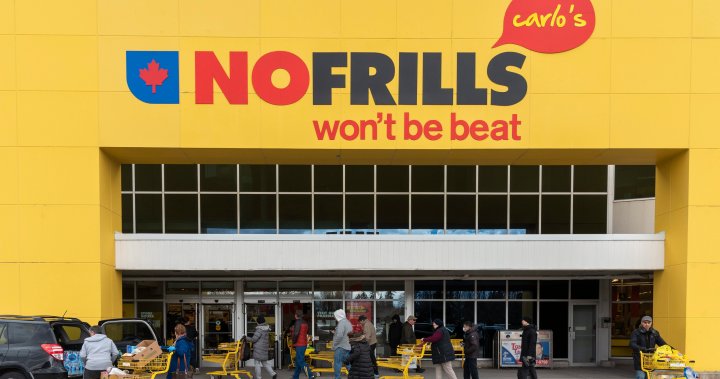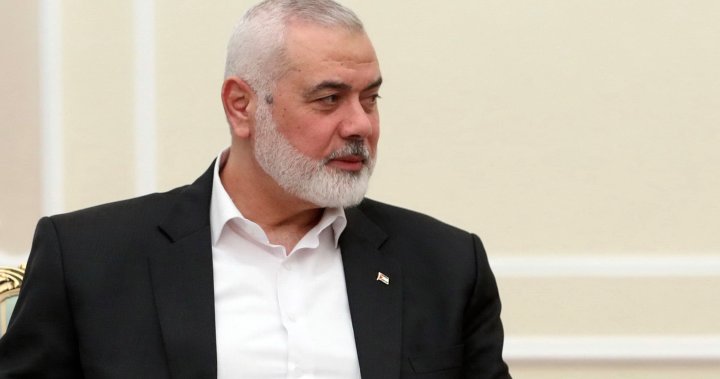Every shopper has likely pondered if purchasing several of the same product in a multi-buy offer is worth it, but customers at No Frills won’t need to consider it any longer.
Loblaw Companies, which owns the discount grocer No Frills, on Wednesday announced the removal of its multi-buy promotion. In a press release, the company said the decision was made “to bring greater affordability and more accessible pricing to customers.”
Before the buy-more-save-more offer was scrapped, shoppers could have purchased two or more of the same select products at a discount price, like ‘buy two for $5’ versus $2.99 for one.
Instead, the cost of individual items will now reflect the store’s dedication to “everyday low prices,” No Frills claimed.
The change has already been implemented nationwide.
“Our customers told us loud and clear that they don’t want to have to buy more to save,” No Frills president Melanie Singh said.
“No Frills stores are a destination for customers looking for the best possible deals – and we’re committed to making sure they know they can shop with confidence that they’re getting great value,” she continued. “With the elimination of multi-buy pricing, we are making it even easier for our customers to manage their budgets every day.”
Breaking news from Canada and around the world
sent to your email, as it happens.
The No Frills promotional change comes as Canadians continue to grapple with the effects of food inflation and the overall cost of living.
Customers nationwide have expressed upset as many of the major Canadian grocers have reported sales growth, with traffic in discount stores like No Frills often a major driver of profit.
In May, some consumers launched a month-long boycott of Loblaw-owned stores, which includes Shoppers Drug Mart, Zehrs and Valu-Mart.
Loblaw has argued, along with other Canadian grocers, that increased costs from suppliers is the cause of grocery price hikes.
Are multi-buy offers worth it?
Multi-buy offers are designed to attract attention and encourage shoppers to buy several of the same item, even if they may not have intended to or require it.
Though buying in bulk can certainly save money in some instances, especially for large households, buying four boxes of crackers when you only need one, just because it appeared cheaper, may not always be the best choice.
Oftentimes, multi-buy offers encourage shoppers to pay for more than they actually need, potentially spending over budget.
With groceries specifically, overconsumption triggered by multi-buy deals can lead to waste if the food is perishable and not consumed in a timely manner.
Sylvain Charlebois, a professor and agri-food researcher at Dalhousie University, warned on X that the end to multi-buy deals “could deprive some of the opportunity to save through volume discounts.”
“The best option would have been to grant the same unit-price deal to those requesting it, similar to practices at other grocers,” he said.
© 2024 Global News, a division of Corus Entertainment Inc.






